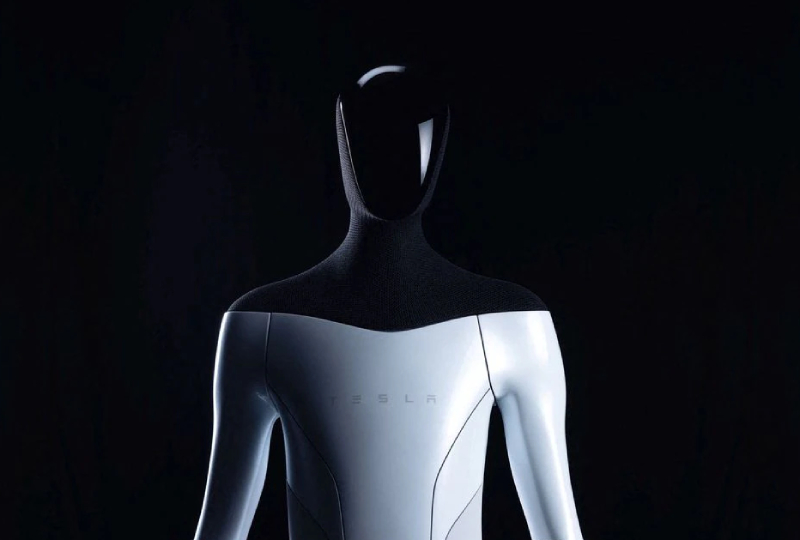On Tesla AI Day 2, the Optimus robot was revealed. The robot was able to wave, however, was not able to walk on its own. There have been various mixed reviews on the same. Where some state the robot to be a good proposition, while others state it to be a “little murky” still.

Henri Ben Amor, a robotics professor at Arizona State University, said Musk’s price target of $20,000 was a “good proposition,” since current costs are about $100,000 for humanoid robots. He said, “There’s some discrepancy between sort of the ambition and what they have presented. When it comes to dexterity, speed, the ability to walk in a stable fashion, and so on, there’s still a lot of work to be done.”
Aaron Johnson, a mechanical engineering professor at Carnegie Mellon University, also said the robot’s need was debatable. “What is really impressive is that they got to that level so quickly. What is still a little murky is what exactly the use case is for them to make millions of these,” Johnson said. Tesla also discussed its long-delayed self-driving technology at the event. Engineers working on the auto self-driving software described how they trained software to choose actions, such as when to merge into traffic, and how they sped up the computer decision-making process.
Future technology
Musk said that Friday night was the first time the early robot walked onstage without a tether. Tesla’s goal, he said, is to make an “extremely capable” robot in high volumes. Possibly millions of them at a cost that could be less than a car. Tesla showed a video of the robot, which uses artificial intelligence that Tesla is testing in its “full self-driving” vehicles. It was carrying boxes and placing a metal base into what appeared to be a factory machine. Employees told the crowd in Palo Alto,, California as well as those watching via live stream, that they have been working on Optimus for six to eight months. people can probably buy Optimus for six to eight months. People can probably buy an Optimus “within three to five years,” said Musk.
In May, Musk said that the world’s most valuable car maker would be “worth basically zero” without achieving full self-driving capability, and it faces growing regulatory probes, as well as technological hurdles. Musk said on Friday that beta testing of Tesla’s full self-driving capability will be “technically” ready for global rollout by the end of 2022, but regulations represent hurdles.











